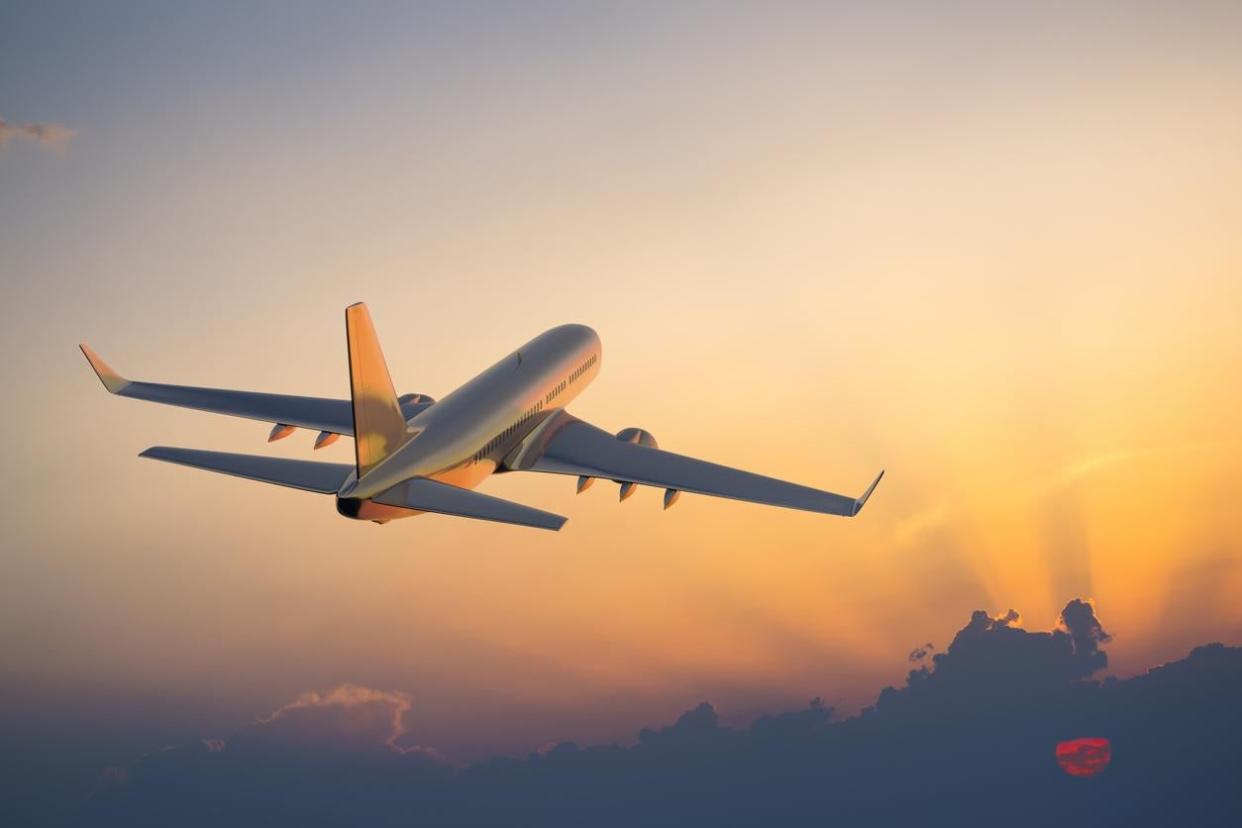Almost half of people plan to fly less post-lockdown

Nearly half of UK travellers (47 per cent) plan to fly less post-lockdown, according to A new study from the Centre for Climate Change and Social Transformations (CAST) .
However, despite many people pledging to take fewer flights less, 44.7 per cent of respondents said they plan to maintain their current level of air travel, while 8.3 per cent of those surveyed actually intend to increase the number of leisure flights they take.
Despite this, the pandemic has triggered an unprecedented “moment of change” due to the drastic shift in normal routines according to the study, which also looked at lifestyle changes such as work and eating habits.
The research, led by Professor Lorraine Whitmarsh, an environmental psychologist based at the University of Bath, was based on two separate surveys of 1,810 people conducted in May and June 2020, focusing on the impacts of lockdown policies on sustainability-related attitudes, behaviours and routines in the UK.
It also recorded notable changes in the use of public transport – namely, 52 per cent of people intended to use public transport less after lockdown compared to before.
Only 4.9 per cent of people intend to use public transport more, and 43.1 per cent said there’ll be no change.
While the coronavirus lockdown has shifted attitudes to travel, researchers believe actual behaviour could change when circumstances change.
They said: “Our studies show that lockdown disruption has created some low-carbon habits, including less travel, reduced energy use, less food waste, and lower levels of material consumption.
“Many intend to keep these habits after lockdown restrictions are removed. However, intentions do not always translate into behaviour. Similarly, intentions may shift as Covid-related risks and restrictions change; for example, intentions to reduce travel may diminish when a vaccine is developed.”
They also said that there was a ”risk of recidivism into pre-existing habits”, adding, “while Covid-19 may represent a unique window of opportunity to promote low-carbon lifestyles, this is only likely to translate into long-term change with appropriate infrastructure, incentives, and norms to encourage and lock in new low-carbon routines”.
It’s worth noting air passenger numbers remain significantly smaller compared to previous years due to existing travel restrictions, but Heathrow has already reported a slight uplift since the introduction of air bridges.
There’s also an increasing number of “joy flights” being advertised – another sign that the love of travel hasn’t died down.
Read more
Antarctic joy flights criticised for climate impact with ‘zero gain’
Australia: Qantas planes switched from London to Antarctica
Heathrow passengers down 88 per cent in July due to coronavirus
Coronavirus: Cruise companies have started cancelling 2021 holidays
Britons must start paperwork in September to take pets abroad in 2021


